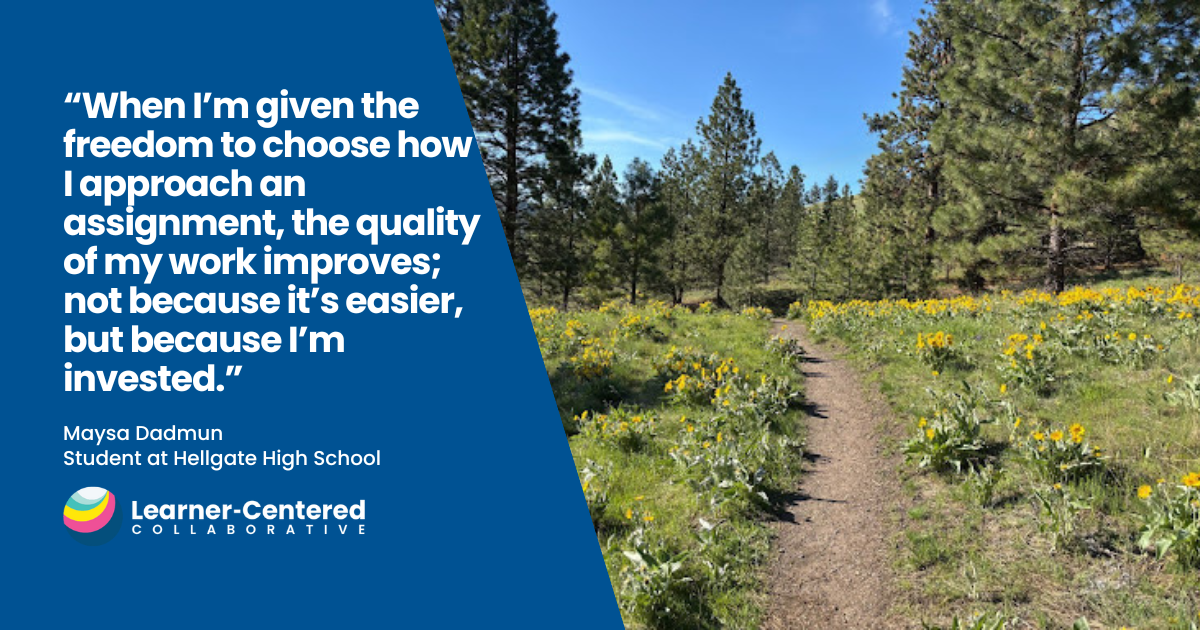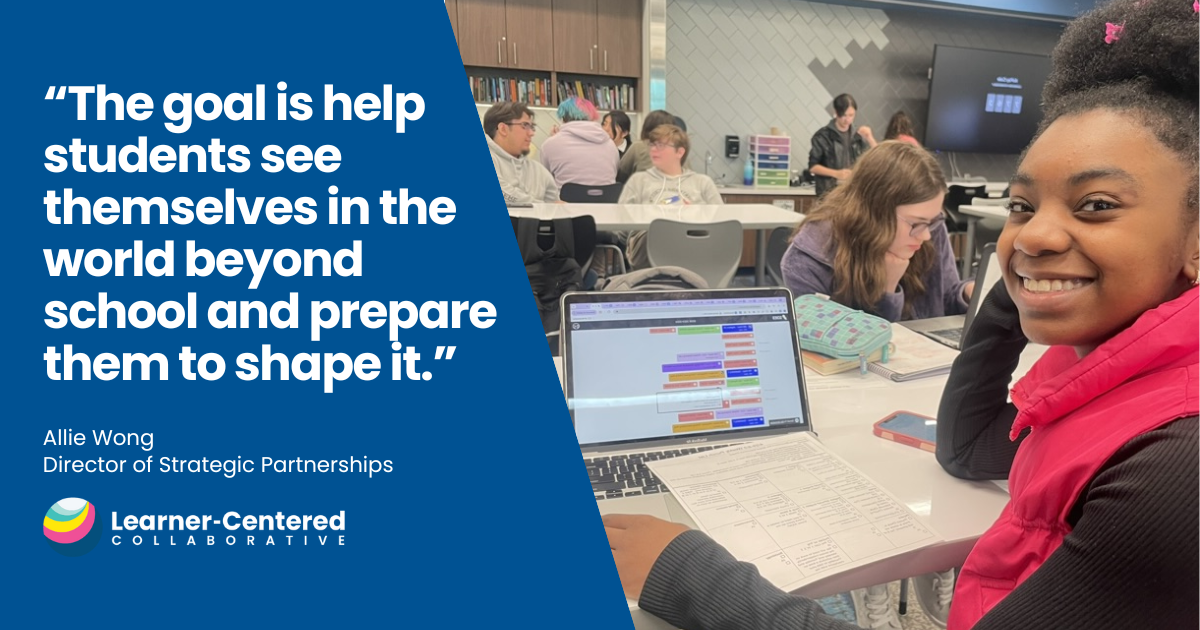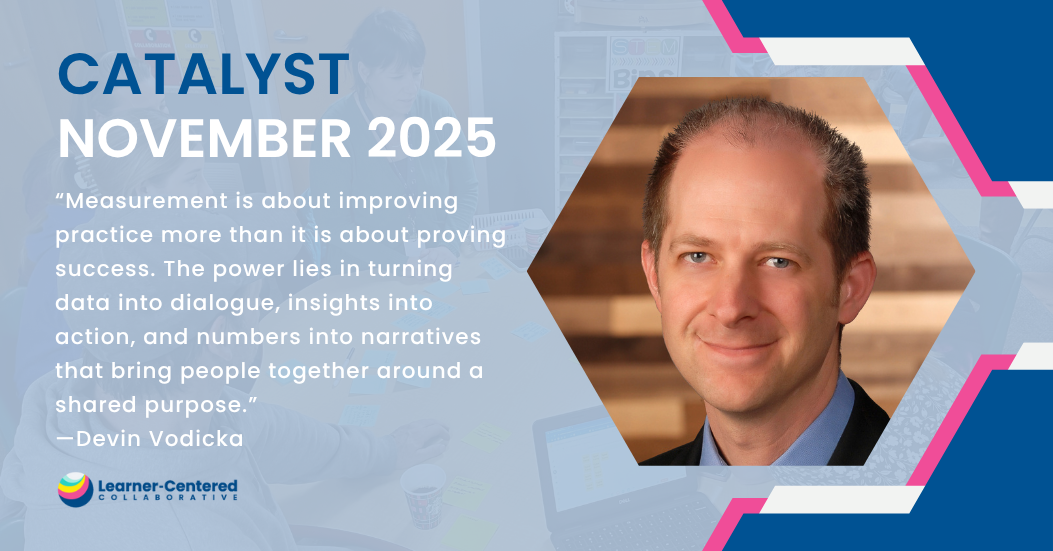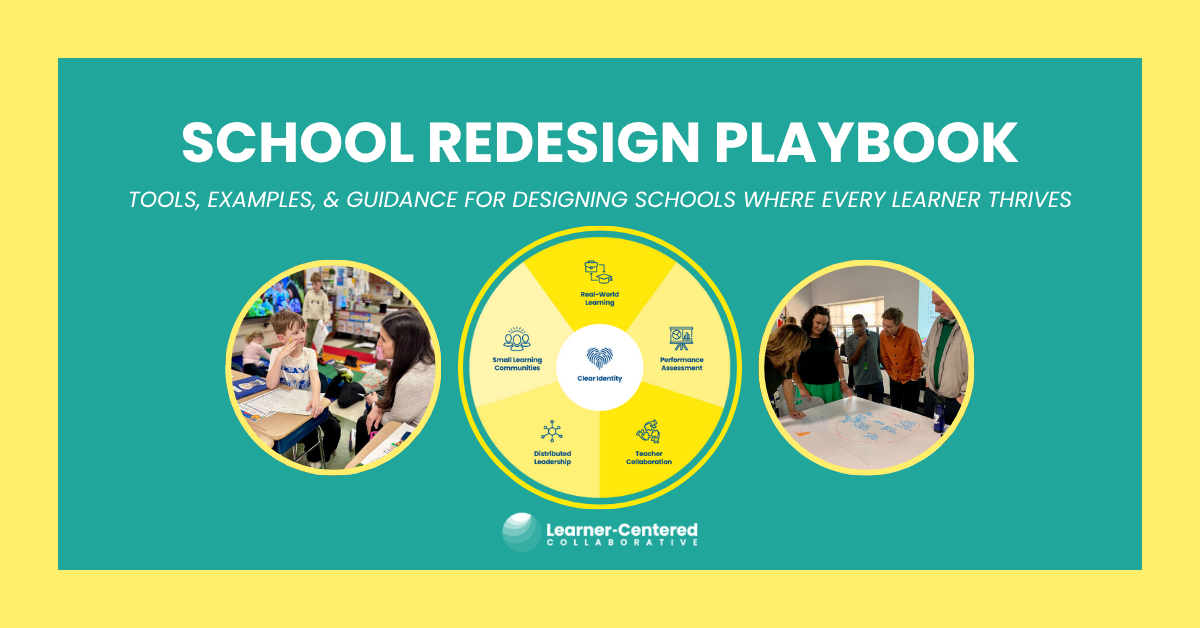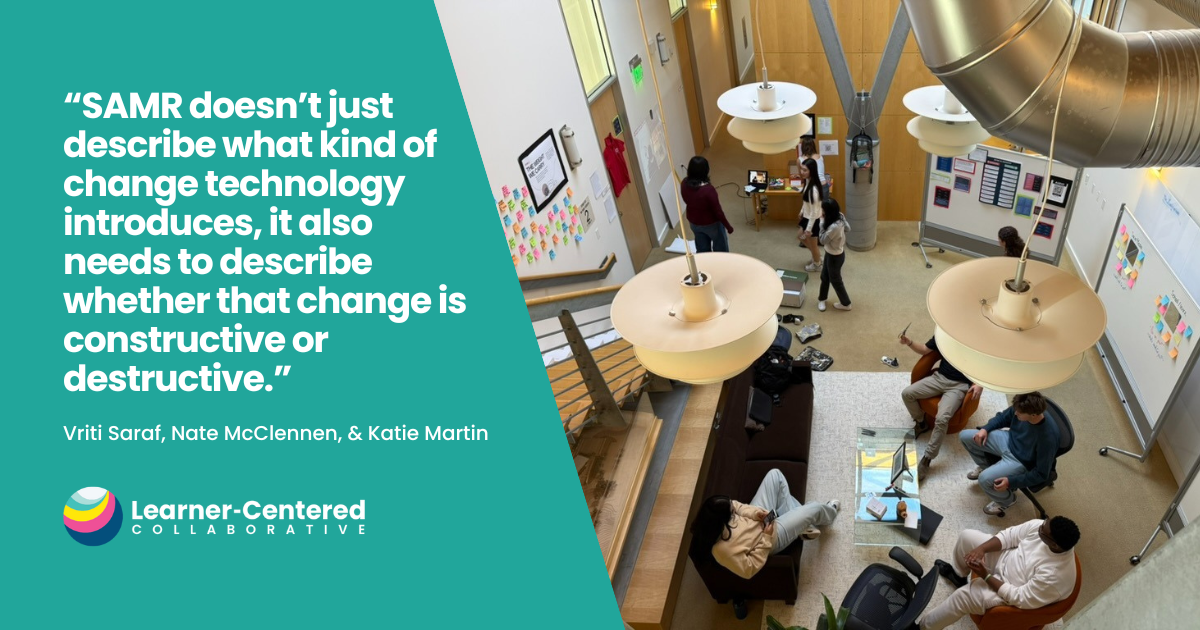Career Pathway Programs
Overview:
Career pathway programs in K–12 education create opportunities for learners to explore, experience, and prepare for their futures. These programs connect academic knowledge to the tools, skills, and opportunities needed to succeed in today’s workplaces. As learners move through a progression—from early career awareness and exploration to hands-on experiences like internships and apprenticeships—they build both technical skills and essential skills such as collaboration, problem-solving, and adaptability. Through this blend of learning about work, learning through work, and learning for work, learners are equipped to thrive in college, career, and beyond.
Bright Spots
Career Programming K-12
By loading this video, you agree to the privacy policy of Youtube.
Through Passport to Tomorrow, in Middletown Public Schools, every ”Middie” charts a personalized educational journey, building the skills and confidence to set goals, develop strengths and interests, and make informed decisions about their future.
Beginning in elementary school, learners engage in Career Awareness, gaining early exposure to these six career fields. In middle school, they move into Career Exploration, narrowing their interests and connecting their learning to potential pathways. By high school, learners participate in Career Planning through real-world experiences like internships, apprenticeships, and job shadowing, ensuring they graduate ready for career, college, military service, and life.
Academics + Career & Technical Education
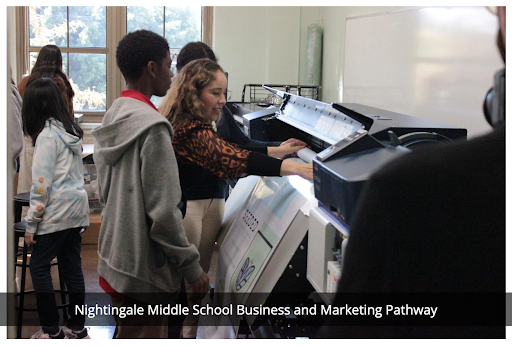
LAUSD’s Career Technical Education and Linked Learning Department works to ensure every learner has access to meaningful, industry-connected career pathways that span from elementary through post-secondary education. Learners gradually move from early career exposure to experiences like job shadowing, workplace tours, mentorships, internships, and apprenticeships, building skills they will need for college, career, and life.
Throughout high school, learners create a portfolio that documents their learning and growth, which they present during a senior defense before a live panel. Through a combination of strong CTE programs, industry certifications, dual enrollment opportunities, and real-world learning, learners gain the skills and mindsets needed to navigate and contribute to an ever-changing world.
RIASEC Exploration
By loading this video, you agree to the privacy policy of Youtube.
World of Work, a district-wide program developed in Cajon Valley Union School District, is designed to expand learners’ awareness of career possibilities. Starting in elementary school, learners explore six careers per year through a four-level model that includes career exploration, workplace simulation, live interactions with professionals, and classroom application of their skills and knowledge.
Students use the RIASEC framework to better understand their own interests and how they align with different career paths. Each year, learners take the RIASEC survey, and by middle and high school, they have opportunities to dive deeper through electives, mentorships, and real-world experiences.
Designated Career & Technical (CTE) Site
By loading this video, you agree to the privacy policy of Youtube.
Warren Tech offers students a dynamic blend of 21st-century academic knowledge and career-focused learning through 36 innovative programs. Juniors and seniors from all Jeffco high schools have the ability to attend Warren Tech for half of their day, earning credits toward graduation while engaging in real-world projects, internships, and apprenticeships.
Experienced teachers team up with industry and college partners to create rigorous, college-level experiences that help learners build valuable skills for life after high school. As a designated career and technical center, Warren Tech prepares learners to thrive in both college and the workforce.
Pathways Embedded in the High School Experience
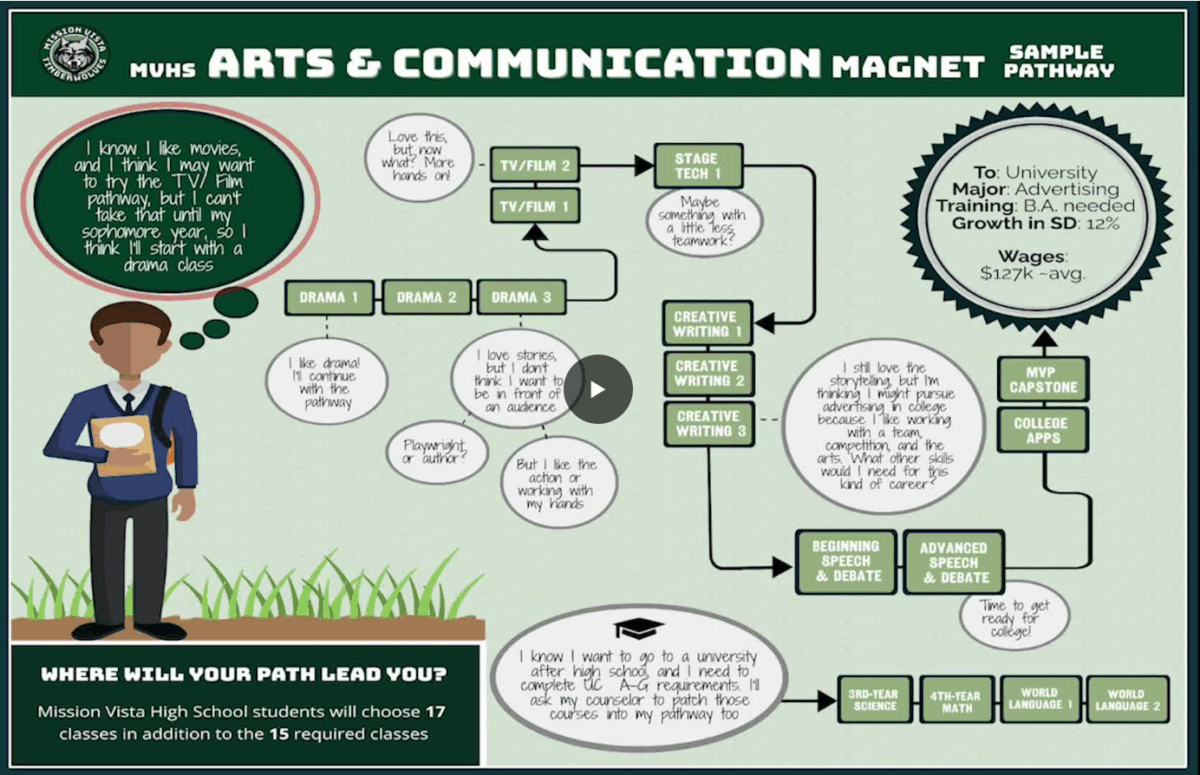
Mission Vista High School offers a diverse array of career pathways designed to prepare students for both college and the workforce. MVHS focuses on Arts & Communication and Science & Technology, providing students with personalized, four-year academic plans. Career Technical Education (CTE) pathways include Graphic Design, Digital Photography, TV and Film Production, Computer Science, Patient Care, and Stagehand Technology, many of which offer opportunities to earn college credits through partnerships with local colleges.
Additionally, the school offers Project Lead The Way programs in Biomedical Science and Engineering, emphasizing hands-on learning and real-world applications. Through these comprehensive programs, MVHS equips students with the skills and experiences necessary for success beyond high school.
Academies
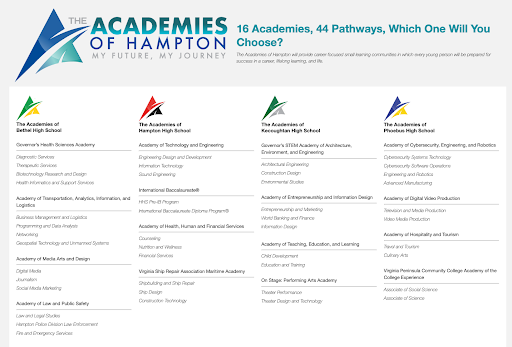
The Academies of Hampton are innovative, small learning communities designed to empower high school students with meaningful college and career exploration. Beginning in a Freshman Academy, students are introduced to a supportive, exploratory environment before choosing a career-themed academy for their sophomore year and beyond. These academies integrate academic content with real-world applications, taught through a career-focused lens, and supported by local business and community partnerships that offer authentic, hands-on learning experiences.
Whether pursuing early college credit, earning industry-recognized certifications, or enrolling in one of three accelerated pathways—including the International Baccalaureate Program, the Advanced College Experience (ACE) Academy, or the Gifted Enrichment Seminar—students engage in purposeful, personalized learning that aligns with their passions and future goals.
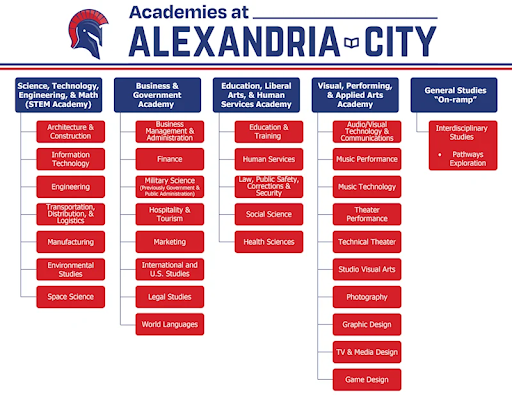
Alexandria City High School also has a robust academies program. Students select into a small learning community in which core content and elective teachers connect with a subgroup of students to ensure interdisciplinary alignment to the Pathways and offer advisement and mentorship. Each academy has distinct pathways that define the unique career goals students who select that pathway may have and are aligned to required and optional electives for students to pursue skills related to those fields.
A Hub for Business, Entrepreneurship, and Learning
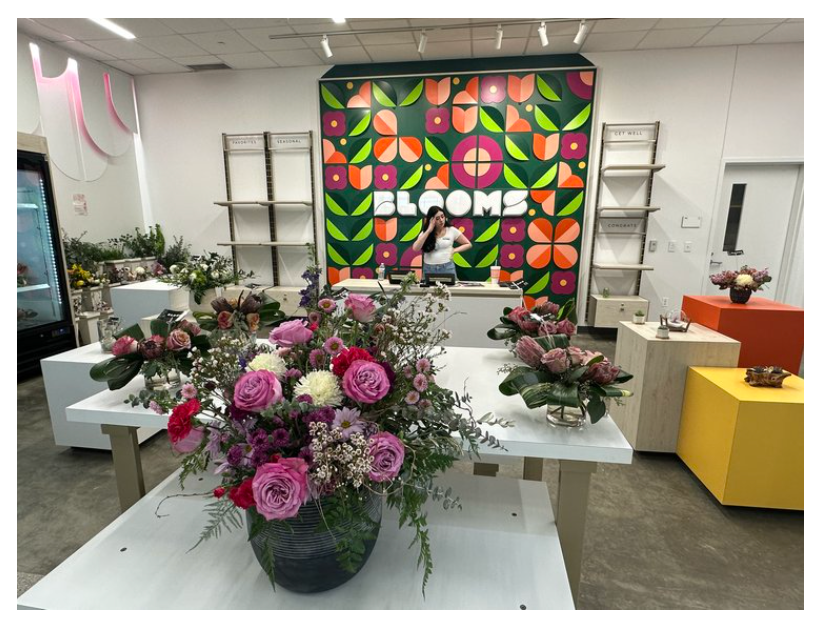
Image: BLOOMS is a student-run florist and special event decor shop located in The OC.
Opportunity Central, affectionately known as the OC, in Forney Independent School District is a dynamic hub where education, innovation, and community come together to transform career and technical education (CTE). With a mission to equip students with real-world, hands-on experience, the OC empowers learners to develop practical skills and strong foundations in their chosen technical fields before they even graduate. Housing a wide array of CTE programs—from Cosmetology and Automotive Technology to Healthcare, Engineering, and Fashion Design—the OC offers immersive learning in cutting-edge facilities supported by entrepreneurial and industry partners. Beyond the classroom, this vibrant space buzzes with community activity, offering creative workshops, dining, retail, fitness, and coworking areas that blur the lines between learning and living.
RESOURCES:
🖥 Colorado Department of Education | Work-Based Learning
🧰 Work-Based Learning System Design Continuum
🧰 Career Pathways Mapping Tool
🧰 A Guide for the Development of Aligned Career Pathways Systems
📖 A Developmental Career-Connected Sequence for K-12 Schools
📖 Characteristics & Elements of Profession-Based Learning
📖 Real-World Learning in San Diego High Schools
📖 Sample K-12 Career and College Pathways Employability Experience Map
Questions to Consider:
- How do we define success for learners in terms of career readiness, college readiness, and life readiness?
- How will we ensure all learners have equitable access to career exploration and pathway opportunities?
- What will the progression of career awareness, exploration, and planning look like for learners throughout their academic journey?
- Which career fields or industries are most relevant to our region and learner interests?
- How will we engage industry and community partners in authentic ways (mentorships, internships, projects, etc.)?
- How will we ensure teachers are supported and prepared to integrate career-connected learning into their classrooms?
- How will we gather feedback and measure success to continuously improve the pathways?
